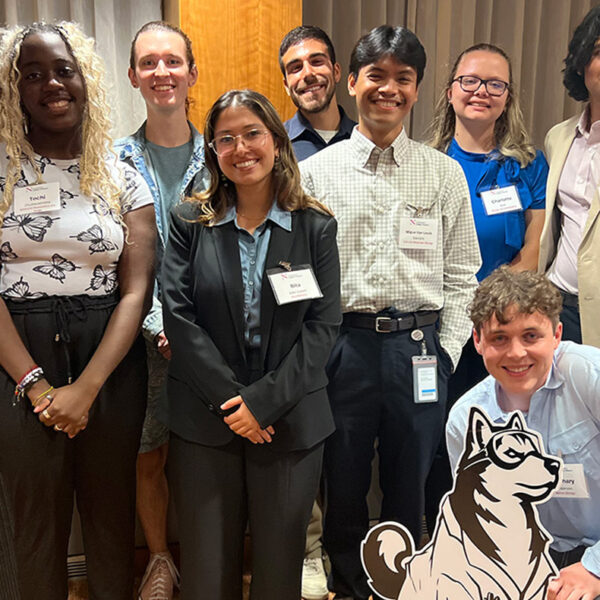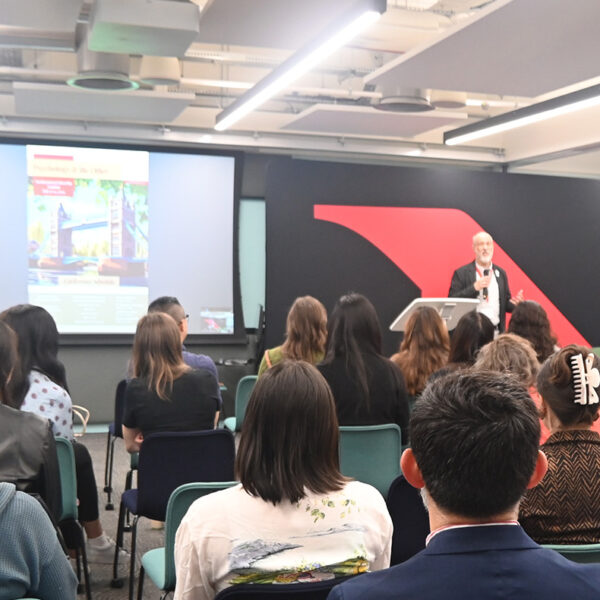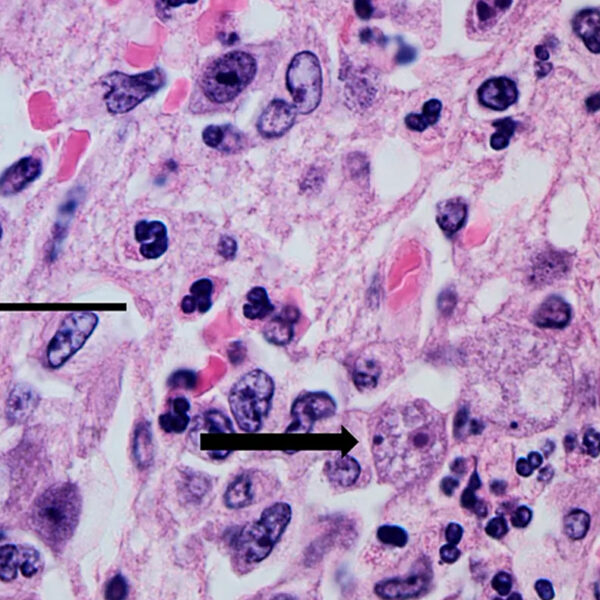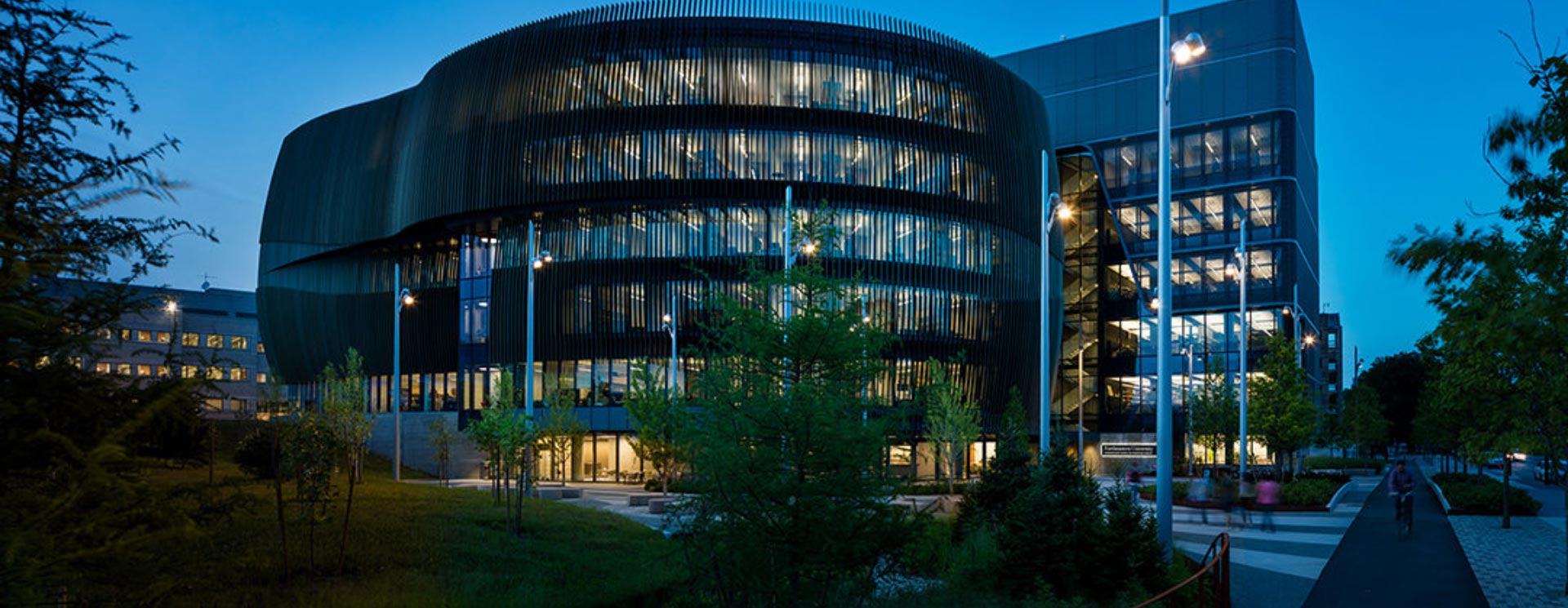
Science, Our Endless Frontier
The big questions of today require more than the sum total of our knowledge and ingenuity—they demand data, and lots of it. By harnessing powerful tools and algorithms, researchers can decode scientific complexities faster and at greater scales than ever before. A new, data-driven frontier has emerged, empowering scientists to transform our understanding of the world.
And with 37 interdisciplinary research centers and institutes, 15 of which are housed in the College of Science, Northeastern stands at the edge of the frontier. Come be a part of the next era of discovery.

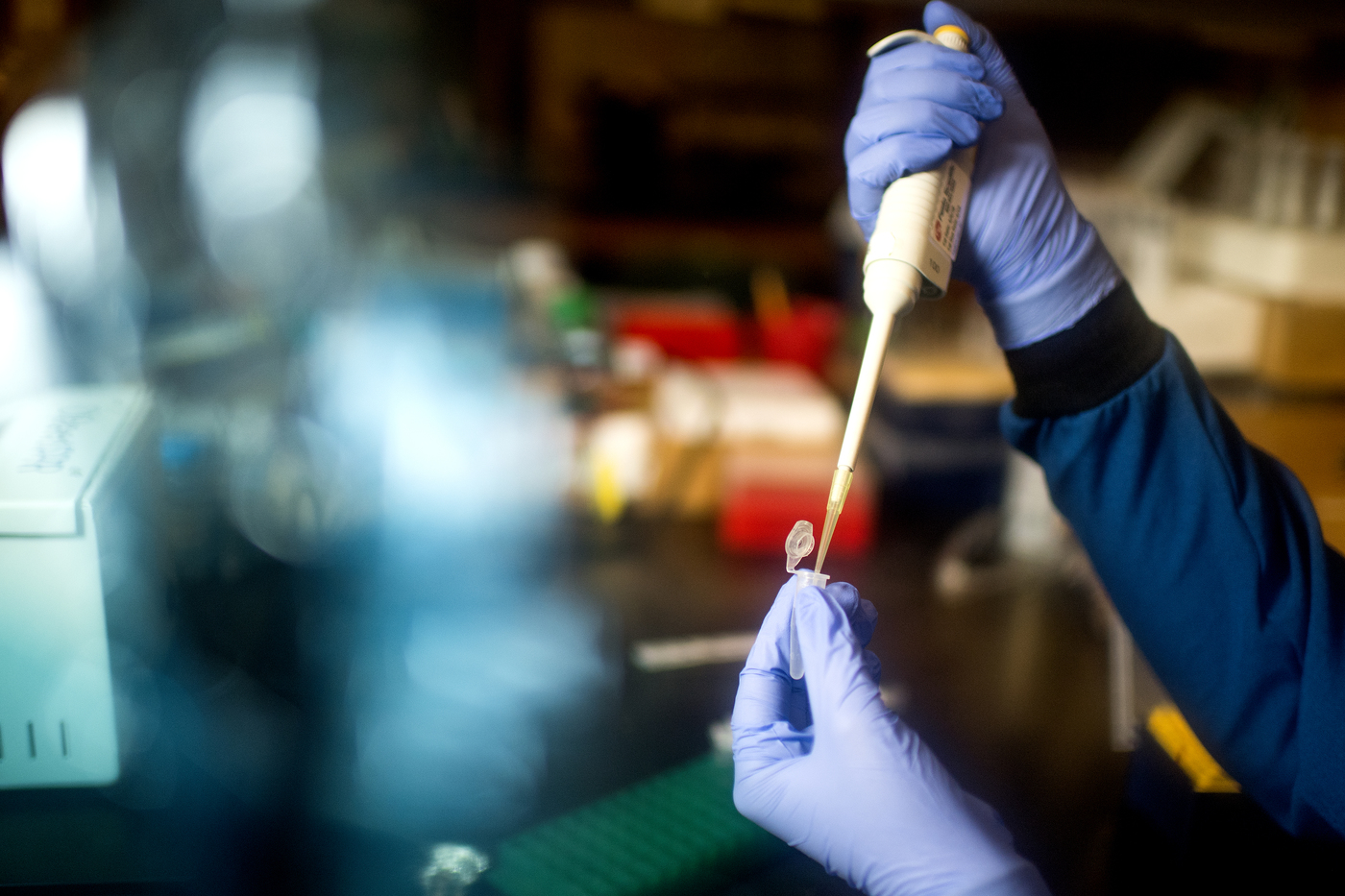

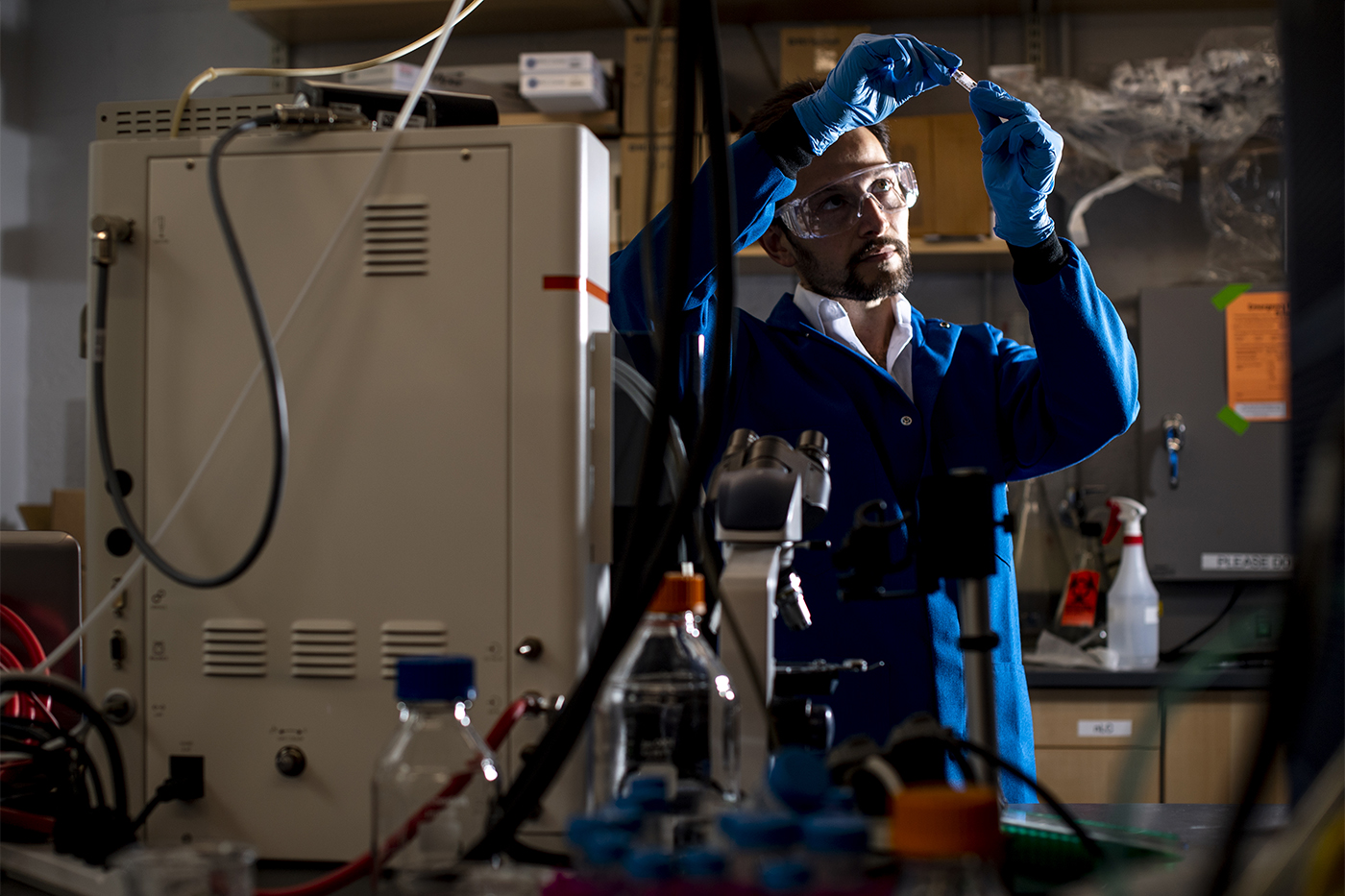
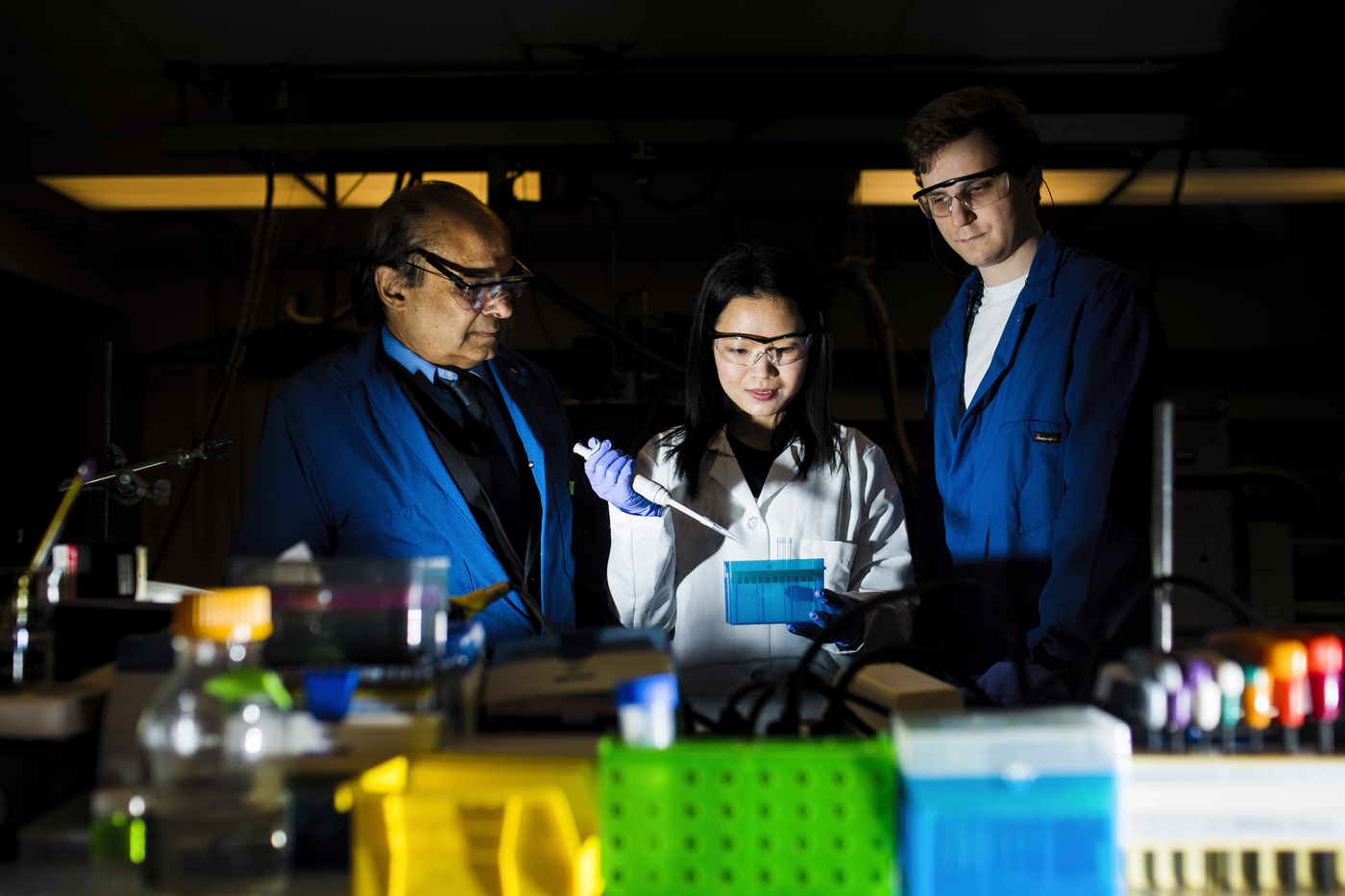




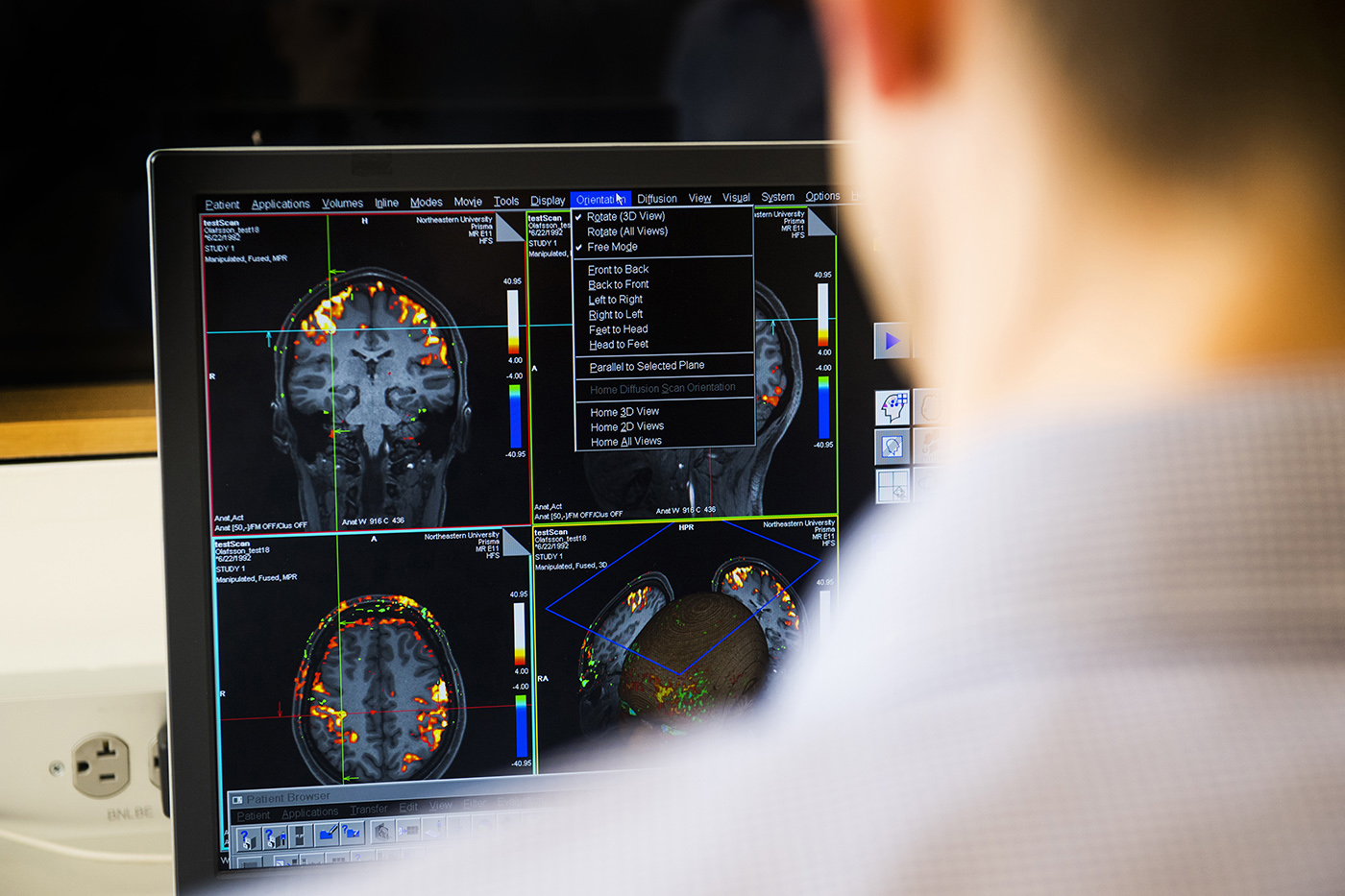
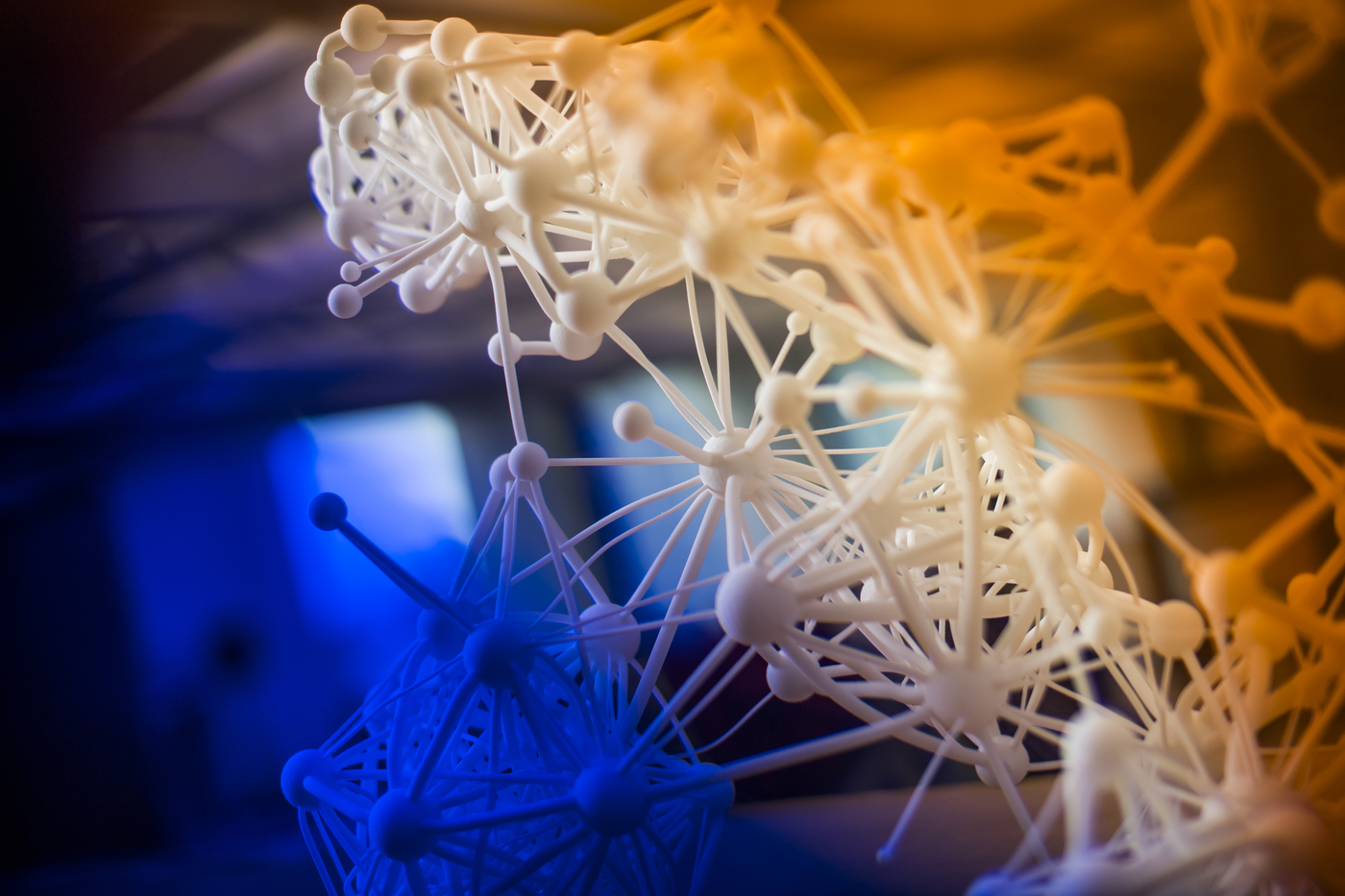
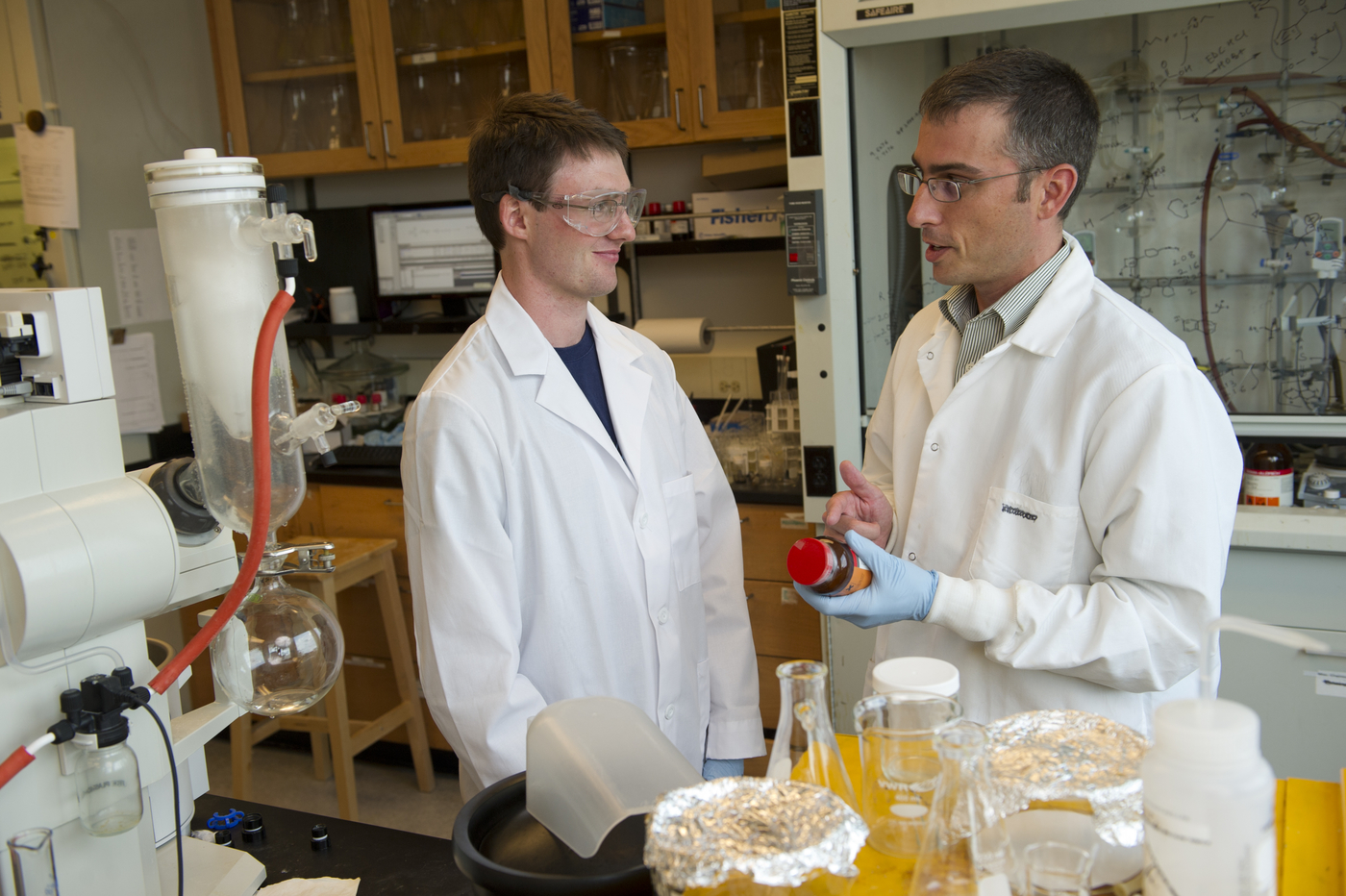


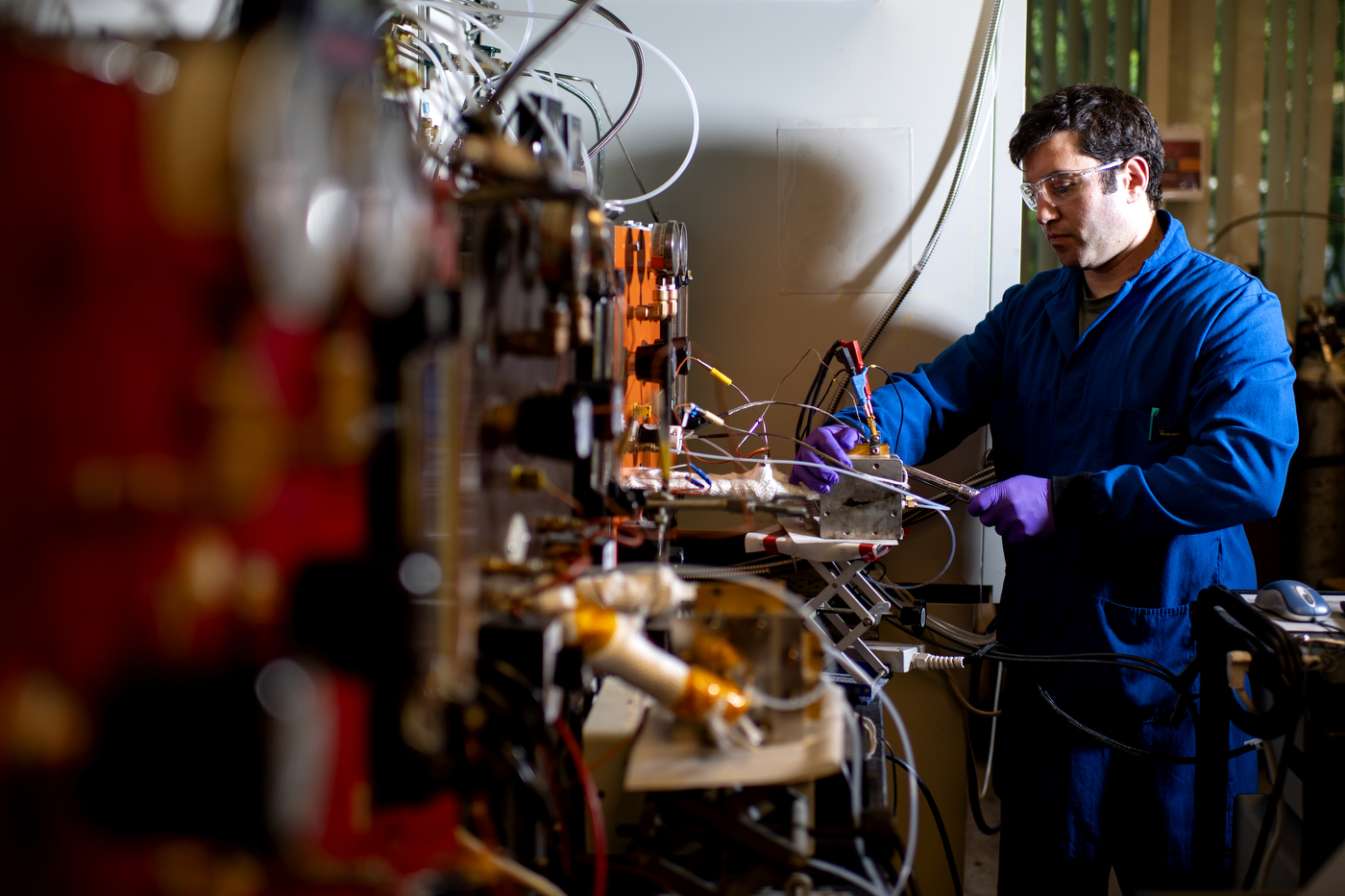

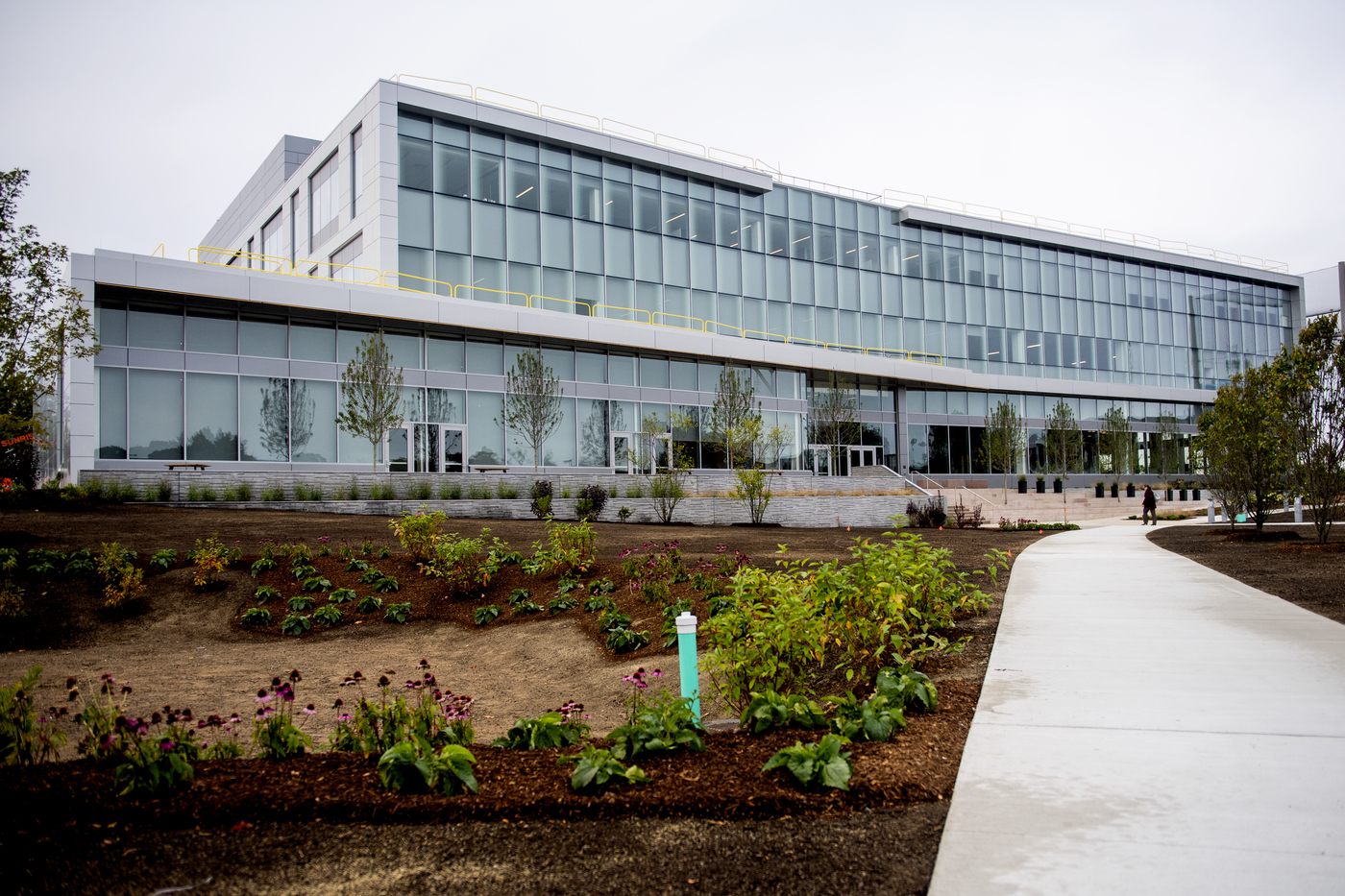

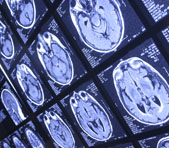

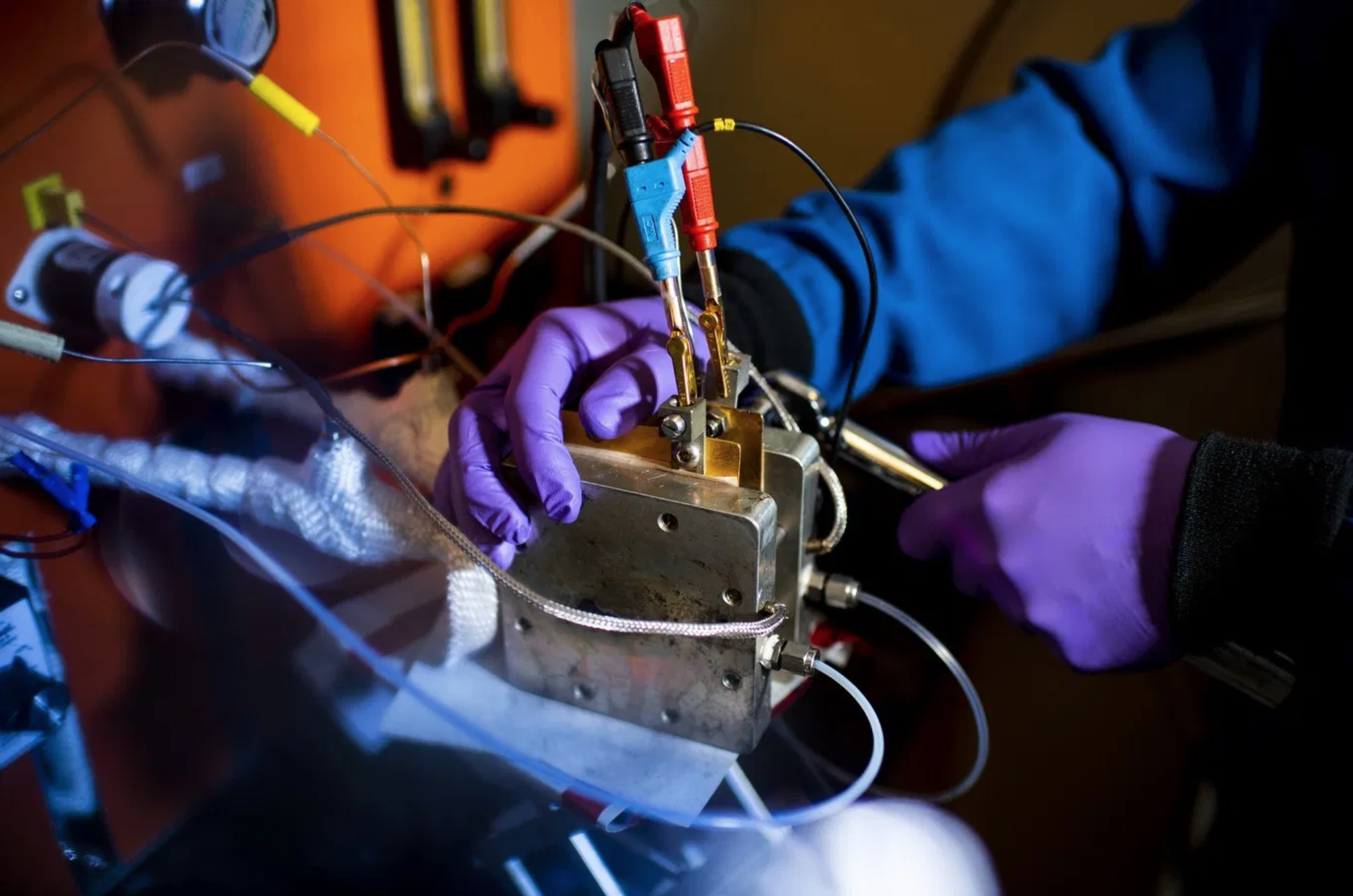
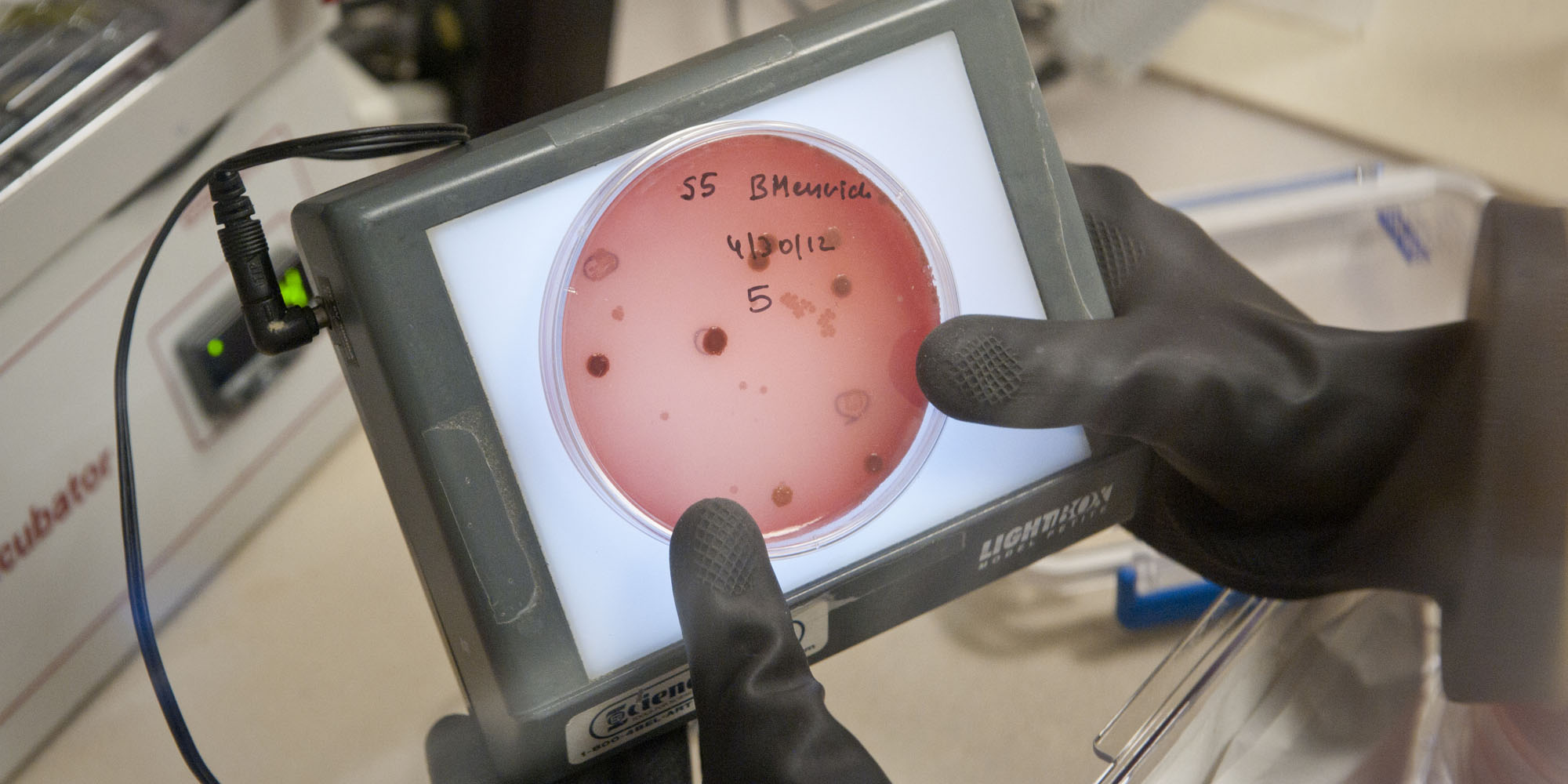
Sort By Research Area
Research in his lab focuses on two main areas. The first area examines the neural basis of affect including pleasure and pain, emotion (e.g. fear), and interactions between affect/emotion with cognition. The second area examines large-scale computational architectures of the brain with the goal that it will advance theory and research in affective neuroscience.
Dr. Melloni studies the neurobiology of aggressive behavior. The main goal of this research is to understand how drug use and exposure to social stress during adolescence alter brain development and influence aggressive behavior.
The Belonging and Social Identities Lab (BASIL) seeks to: 1) produce high quality, impactful, reproducible research that advances understanding on the topics of identity, self-concept, discrimination, and health for understudied populations, particularly people who hold two identities simultaneously; 2) contribute to the broader field of social psychology by increasing the diversity of researchers at all levels, participants in studies, and topics of study; and 3) improve the culture of academia through steadfast commitment to core
Led by Dr. Aaron Seitz, our lab strives to improve your brain’s fitness. We research, test, and disseminate evidence-based, scientifically optimized brain fitness games that assist you in real life with memory, vision, hearing, learning, and more. We have a track record of making our tested procedures publicly available so that our innovations help our community and the world.
The Center investigates the effects of lifestyle choices and health behaviors (e.g., physical activity, diet) and their physiological sequelae (e.g., fitness, adiposity) on brain and cognition. From a neuroimaging perspective, the researchers’ interests lie in understanding how health influences brain and behavior as it relates to increased health and effective functioning for individuals across the lifespan.

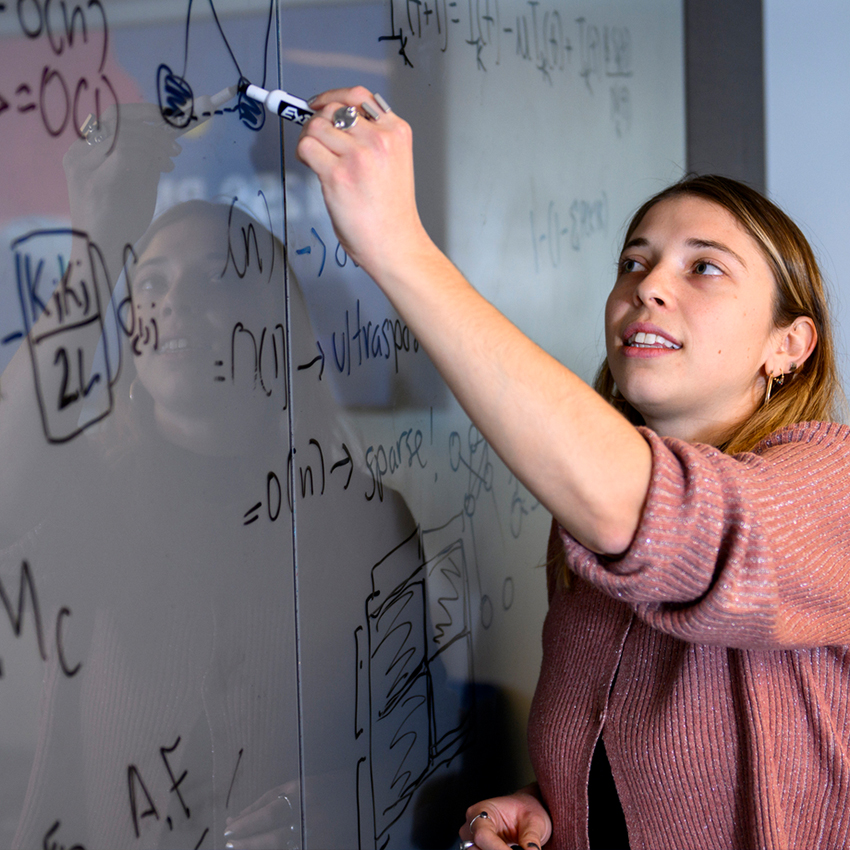
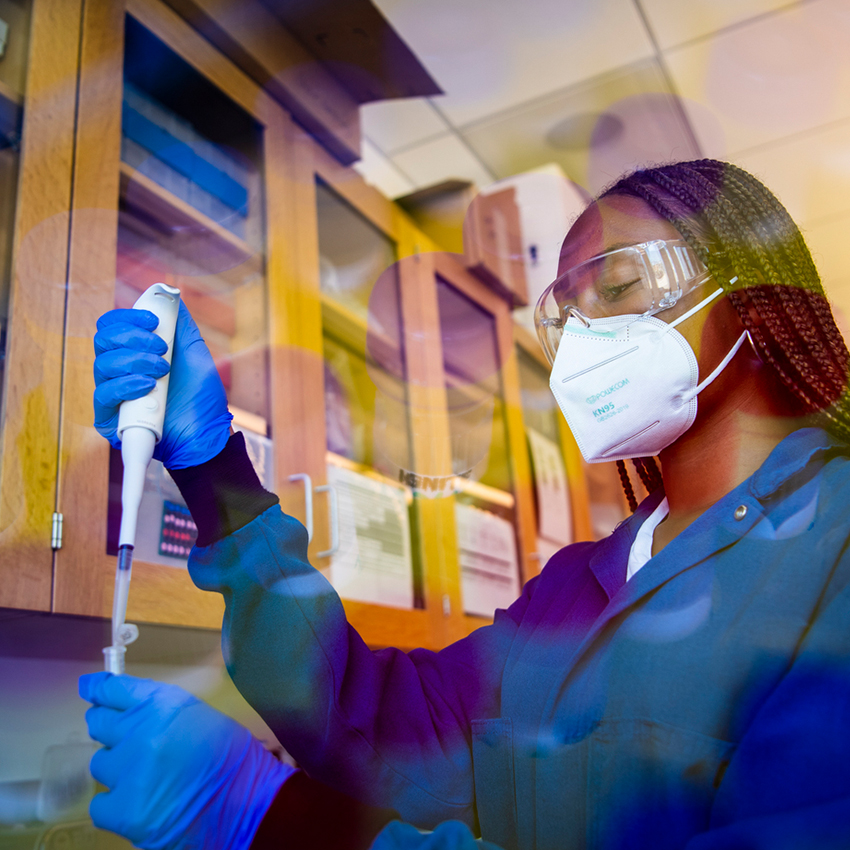



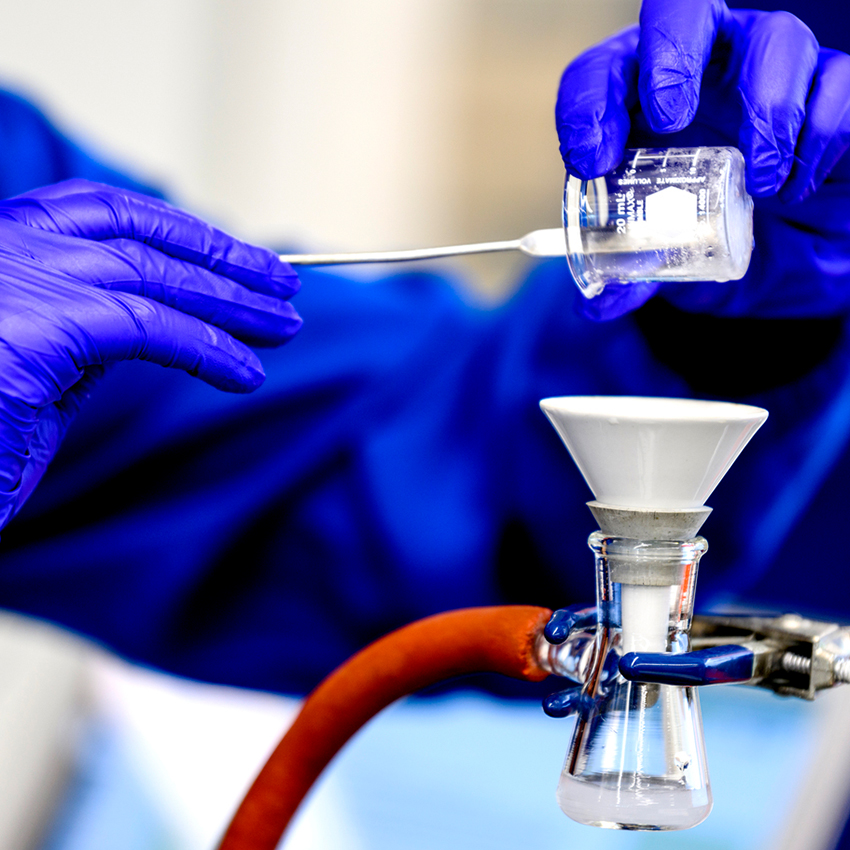
In the News

